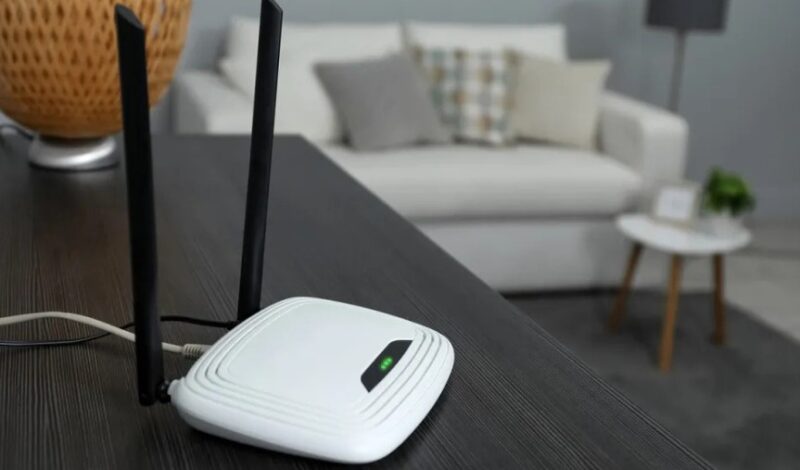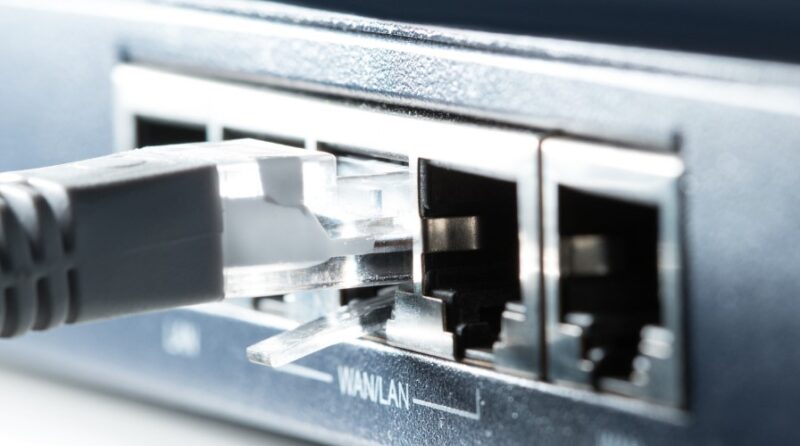Choosing between Wi-Fi and Ethernet for IPTV can be a tough decision. Many of us value the flexibility that wireless connections provide, but Ethernet offers solid reliability. When it comes to streaming IPTV, the stakes are high. If you love watching TV without buffering or annoying interruptions, you need to make an informed choice.
Let’s explore which option works best for IPTV and why it matters.
Key Points
- Wi-Fi gives flexibility but might cause interruptions.
- Ethernet offers reliability but lacks mobility.
- The right choice depends on your setup and streaming habits.
Performance Matters

When streaming IPTV, a stable connection is crucial. If you’re using a service like Sverige IPTV, which offers thousands of channels and movies with top-tier picture quality, you need a strong network. Wi-Fi can be convenient for connecting multiple devices around the house, but its performance depends on the environment.
Interference from walls or other devices might disrupt the signal, leading to buffering or lower quality video. This can become frustrating, especially when watching live sports or your favorite series.
On the other hand, Ethernet provides a wired connection directly to your device. It’s less prone to interference and offers faster, more stable internet speeds. If you’re serious about streaming high-definition content, Ethernet might be the better option. It doesn’t falter when multiple people use the same network, ensuring a smooth experience.
Convenience vs. Stability
Wi-Fi allows you to watch IPTV anywhere within your home, whether you’re on the couch, in bed, or even outdoors. This freedom of movement is appealing, especially if you’re not tied to one spot. For casual viewing or if your router is strong enough to handle high-speed connections without interruption, Wi-Fi might serve you well.
However, Ethernet’s consistent and uninterrupted connection makes it a preferred option for many IPTV users. For those using IPTV on a large screen in one dedicated area, the lack of mobility with Ethernet isn’t a concern. Ethernet’s reliability shines when streaming in 4K or Full HD, which requires a high-speed connection to prevent interruptions.
Signal Strength

Wi-Fi signals weaken over long distances or when walls, floors, or other electronic devices interfere. If your router is far from your IPTV setup, you might experience lag or lower resolution. It’s worth noting that certain routers and Wi-Fi extenders can help boost signal strength, but they aren’t foolproof. You might still face occasional drops in performance.
Ethernet doesn’t have this problem. Because the connection is wired, there’s no signal interference. Ethernet cables come in various lengths, allowing you to connect even if your router is in another room. The direct connection ensures high-speed, stable internet, perfect for uninterrupted IPTV viewing.
Installation and Setup
Wi-Fi is easy to set up. You simply connect your devices to the network, and you’re ready to stream. No cables are required, which can make things less cluttered, especially if you prefer a neat setup. However, if your Wi-Fi isn’t configured correctly or if the signal isn’t strong enough, the installation becomes more of a hassle as you start troubleshooting.
Ethernet, while more complex to install, especially if you need to run cables through walls, offers peace of mind once it’s set up. You won’t have to worry about weak signals or interruptions. For those who don’t mind the initial installation effort, Ethernet is a solid choice for IPTV.
Cost Consideration

Wi-Fi is usually built into your router, so you don’t need extra equipment. This keeps costs down, especially for those who prefer wireless convenience. However, if you experience weak signals and need to invest in Wi-Fi boosters or extenders, the price can add up.
Ethernet requires cables and sometimes additional adapters, which can raise costs. However, many homes already have Ethernet ports installed, and cables themselves are relatively inexpensive. Once set up, you won’t need to invest in any extra equipment to maintain the connection.
Choosing Based on Your Needs
If you’re primarily watching IPTV on a single device or in one room, Ethernet’s stability will provide the best experience. There’s no risk of lag or signal drops, making it perfect for streaming in high quality.
For users with multiple devices spread out in various rooms, Wi-Fi might be the better option for convenience, even if it comes with the occasional interruption.
Choosing between Wi-Fi and Ethernet for IPTV boils down to your priorities. If you need reliability and uninterrupted performance, Ethernet is the clear winner. If flexibility and convenience matter more, and you’re okay with minor interruptions, Wi-Fi can still work.



